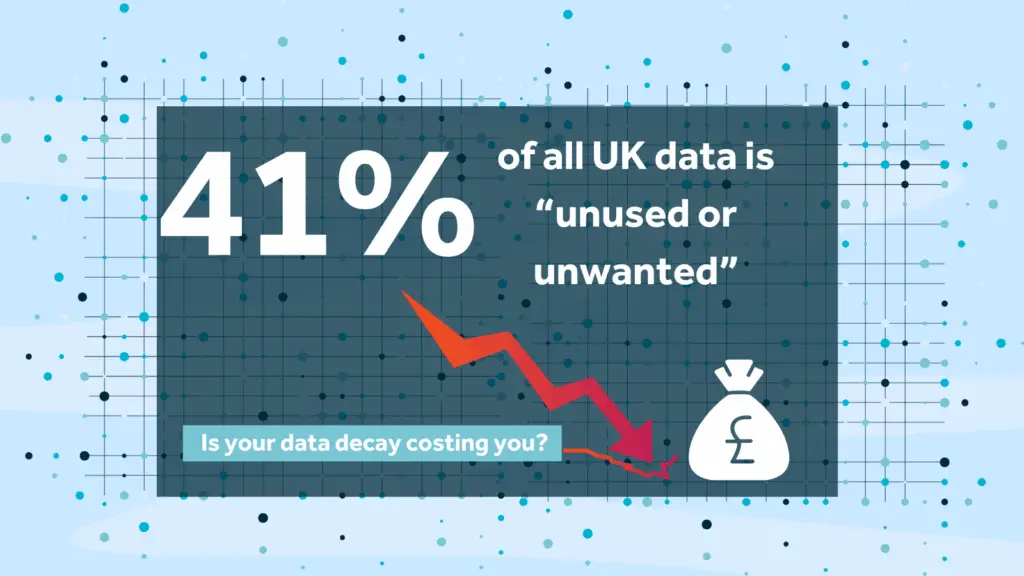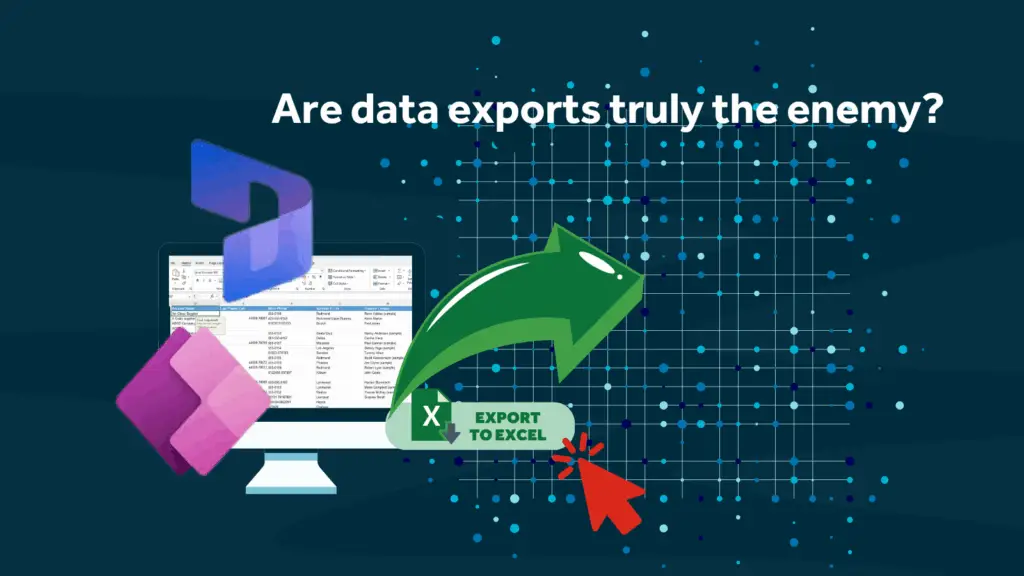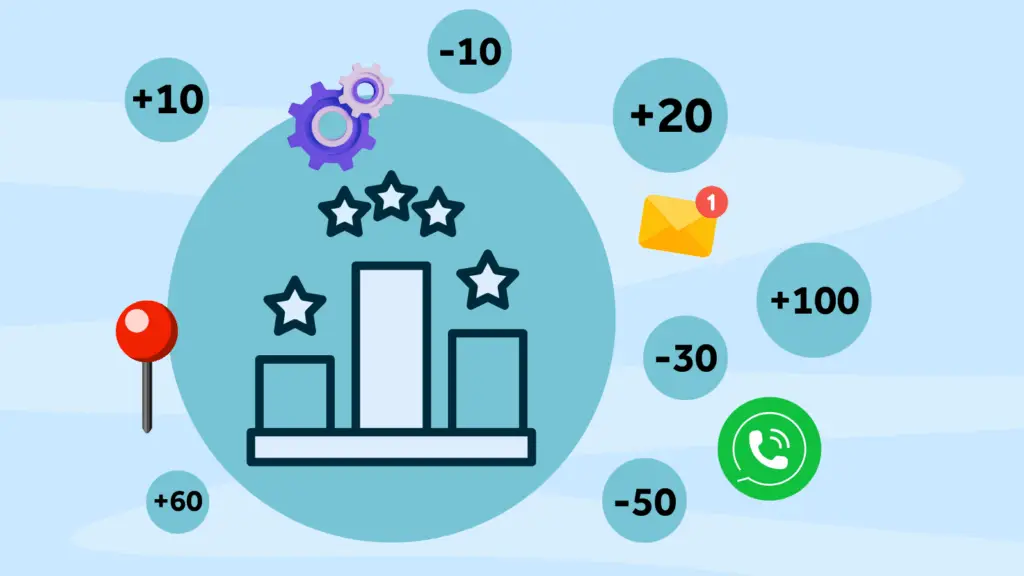Microsoft Dynamics 365 – charity CRM that helps not-for-profits transform their fundraising
After many years of promise and rhetoric, it seems we are finally arriving in the true digital era. Cloud subscription-based services are now the norm, Artificial Intelligence capabilities have become very real and are now being used in all kinds of systems to empower people to make smarter decisions and switched-on organisations are realising that data is fast becoming one of their most important assets.
Digital transformation in the not-for-profit sector
Charities have, in the past, traditionally been slow to embrace new technology, but now the need to get on board is becoming more and more pressing. There is a growing expectation that charity leaders must understand digital trends as donors, volunteers and sponsors are increasingly wanting to engage with their chosen charities online. Technology is advancing faster than ever before, and for those charities that manage to harness it, the possibilities for growth and innovation are huge.
It is estimated that around 50% of UK charities still lack a digital strategy. It is clear that the charities that will be the most successful in the coming years are those that not only accommodate digital technology but truly embed it in everything they do.
Discover how CRM can transform charity fundraising performance.
Factors affecting digital transformation in charities
Some larger charities have been very quick to adopt new technologies, and as a result, are now reaping the rewards. Of those charities that have embraced digital change, almost all have said it has led to increased donations, quicker response times to the needs of its beneficiaries and to the wider community and the ability to analyse, learn quickly and act to improve the service they offer.
On the other side of the coin, there are a lot of smaller charities in the UK that are constantly challenged with a lack of resource and internal technical expertise. It’s these charities that really need a leg up to get started with digital transformation so that they don’t get left behind.
Let’s look at some of the hurdles that hold charities back from embracing digital change.
Cost
Income generation has always been a major problem area for charities and this problem is compounded when funding, which previously may have been taken for granted, starts to diminish. Budgets are squeezed and yet demand for services is increasing, charities are constantly being asked to do more with less.
Fear of change
Charities have always relied on the “Human Touch” and technology is often seen as a threat in that it may replace or be detrimental to human interaction.
Lack of Knowledge
The charity digital skills report published last year, shows that lack of skills is cited as the second biggest barrier to charities getting the most from technology, second only to a lack of funding. In fact, charities are not alone in this respect, there is a national skills shortage in the area of technology.
Beginning your digital transformation journey
Let’s start with this question because it is an easy one to answer…
Assuming you have email and other basic Office tools, the next thing you need is a CRM system and a good partner. Microsoft Dynamics 365 can be the most basic CRM system in the world and it can also be the most complex CRM system in the world. It really depends on how it is configured.
A lot of people are overwhelmed by CRM systems because they have so many features and it’s confusing to try to work out how everything is tied together or how to use the system. All too frequently, not enough thought is given to the person who is going to use the system during the design phase. This often leaves the good-hearted charity volunteer with the CRM equivalent of a Jumbo jet cockpit in front of them while they’re being told: “This is going to save you a whole heap of time!”
At Rocket CRM, we specialise in creating Dynamics 365 solutions that are simple to use and easy to understand. We understand that not everyone is a geek and we know that a lot of your users are probably not even full-time staff. That’s why we will work closely with you to define the real requirements for each user group of the system and then present them with an interface that gives them just what they need, no more, no less.
Dynamics 365 CRM for Non-Profits
How can charities use a CRM system like Dynamics 365?
It’s good to get started by creating a vision of where you want to get to. What are some of the things you would love to automate or what information would you like to make available to clients, volunteers and donors? When you try to create your vision of the future, try to be system agnostic. It’s not always necessary to try to shoehorn everything into one system and we often find it easier to integrate Microsoft Dynamics 365 with other applications.
When you are ready to start this exercise, get in touch with us because we have a great template designed for this kind of thing.
Although it’s a great idea to create the big picture, we always recommend to our customers to start with the basics and then make incremental changes towards the bigger picture. This way of introducing change is more palatable and much easier to adopt moving forward. This then paves the way to the creation of a culture of small incremental changes that becomes the hallmark of a successful and progressive organisation. Initially, you may want to pick one or two key requirements from your list to implement from the start then prioritise the remaining items in a backlog so that they can be ready to pick up and implement when the time comes.
Here is a list of just some of the things you might list in your big picture vision for Dynamics 365:
- Self-service via portal
- Case Management
- Public/Member knowledge base on-line
- Memberships and renewals
- Events and event registrations
- Digital email marketing
- GDPR governance
- Landing Pages and forms
- Campaign automation
- Donor management
- Volunteer management
- Surveys
- Client/Donor actionable insights
- Integration with other systems (such as a finance system or a donor system)
- Reporting/BI
- Approvals
Cost of Implementing Dynamics 365
One of the roles of a leader within an organisation is to find ways to break down the barriers to success. The primary reason given by charities for failing to implement systems was due to lack of funding. The typical costs of implementing a CRM system such as Dynamics 365 lie in three main areas:
- Licensing
- Ongoing support
- System development
Dynamics 365 Licensing
With regards to licensing, Microsoft are delivering on their commitment to charities by offering huge discounts on Office 365 and Dynamics 365 subscriptions. If you work in the not-for-profit sector, you’re probably already aware of the “no brainer” charity pricing for Office 365. But you may not be aware that the non-profit pricing for their CRM product (Dynamics 365) is also subject to the same huge discounts. The cheapest license (at time of writing) is the Team Member license, this is currently available at £1.50 per user per month for not-for-profit organisations. The Team Member license gives full read access to the system and write access to certain areas. This is the kind of license that might be given to a volunteer. Contact us for more details on the license types available.
System Development and Ongoing Support
We have bundled these two costs together for the sake of this post. System development refers to requirements gathering, design, build and implementation of changes to the Dynamics 365 platform. Typically, this takes the form of an initial project to implement the key “must have” requirements that will deliver quick wins for the organisation. At this stage, an initial migration of data usually takes place as well as the formation of a training plan for users. It’s important to note that system development doesn’t necessarily mean that we need to use developers. In fact, we use a no/low code approach, which means that wherever possible we will use the native out of the box functionality of the product to achieve what you need. We just apply our expertise in configuring Dynamics 365 to work in the way you need it to.
Ongoing support can mean technical support, but it could also mean training or further system development. For charities, it is often the system development and ongoing support that constitutes the largest initial outlay. Rocket CRM work with clients to create a model where support and ongoing development can be bundled into a single monthly charge. The charge can be as much or as little as the charity can afford based on the number of hours of development the charity wants to use in a month.
Discover how charities can create savings by implementing low cost CRM.
Now is the time to digitally transform your charity
The good news is…. You haven’t missed the boat yet!
All this emerging technology is only really a year or two old, in the great scheme of things we are still in the early stages of the digital revolution. Currently, the speed of change in technology is such that there are new things being released every day. This makes things very exciting but it always means that it is important to have a good consultative technology partner as you progress in your digital change journey. Once you’ve had a think about your future big picture, contact us so that we can help you to make it real. Or let us know if you’d like to have a chat.
ABOUT ROCKET CRM
Rocket CRM is a Microsoft Dynamics 365, and a platinum Click accredited partner, helping small to medium-sized businesses and charities harness the power of scalable CRM technology. Our mission is to make powerful CRM software simple with custom-built, user-focused solutions.
Website: rocketcrm.co.uk
Podcast: RocketPod
Social: LinkedIn






